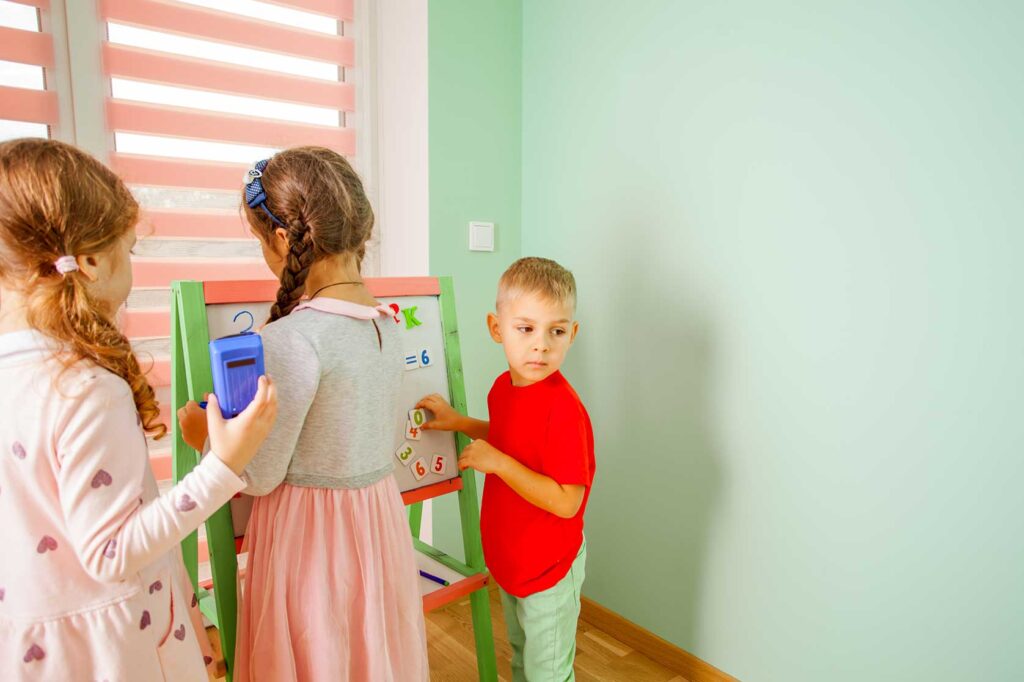
Self-regulation is an essential skill for children of all ages, especially for preschool years when they are learning new skills and developing their imagination. It’s important for parents and caregivers to provide an environment that encourages self-regulation skills in order for their child’s development to be successful.
Self-regulation is an essential skill that enables individuals to control their emotions, thoughts, and behavior. It is an important skill to develop during early childhood, as it helps children manage their emotions and impulses, which can lead to better social, emotional, and academic outcomes. Pre-schoolers, who are between the ages of one and three, are beginning to develop self-regulation skills. In this blog, we will explore some examples of self-regulation in pre-schoolers.
What are the main types of Self-Regulation development?
Taking turns: Taking turns is an important aspect of social development and requires self-regulation. Pre-schoolers who can take turns with others have learned to control their impulses and wait for their turn. For example, if a pre-schooler is playing with a toy, they may have to wait for their turn to play with it.
Delayed gratification: Delayed gratification is the ability to resist an immediate reward for a bigger reward in the future. For example, if a pre-schooler is given a choice between a small piece of candy now or a larger piece later, a pre-schooler who can delay gratification will choose to wait for the larger piece.
Emotion regulation: Pre-schoolers are learning to understand and control their emotions. For example, when pre-schooler is upset or angry, they may learn to take deep breaths, count to ten, or use words to express their feelings instead of throwing a tantrum.
Self-soothing: Self-soothing is the ability to calm oneself down when upset or stressed. Pre-schoolers who can self-soothe suck their thumb, hugging a favorite stuffed animal, or listening to calming music.
Following directions: Following directions requires self-regulation, as a pre-schooler must be able to listen to and remember instructions. For example, if a parent tells a pre-schooler to put away their toys, the pre-schooler must be able to control their impulses and follow the instruction.
Problem-solving: Problem-solving requires self-regulation, as pre-schoolers must be able to control their impulses and think before acting. For example, if a pre-schooler wants a toy that another child is playing with, they must learn to problem-solve and find a different toy to play with instead of grabbing the toy from the other child.
In conclusion, self-regulation is an essential skill for pre-schoolers to develop. Pre-schoolers who can self-regulate have an easier time managing their emotions, social interactions, and academic tasks. Parents and caregivers can help pre-schoolers develop self-regulation skills by providing
opportunities for practice, modeling self-regulation, and offering positive reinforcement for good behavior. With time and practice, pre-schoolers can develop strong self-regulation skills that will benefit them throughout their lives.
Read the full preschool syllabus-> Click Here
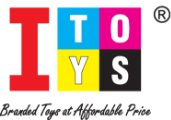

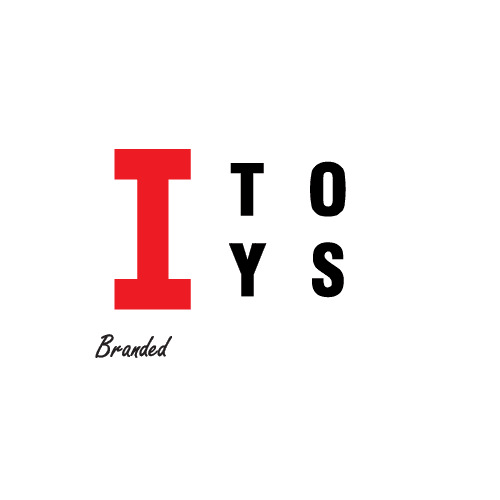
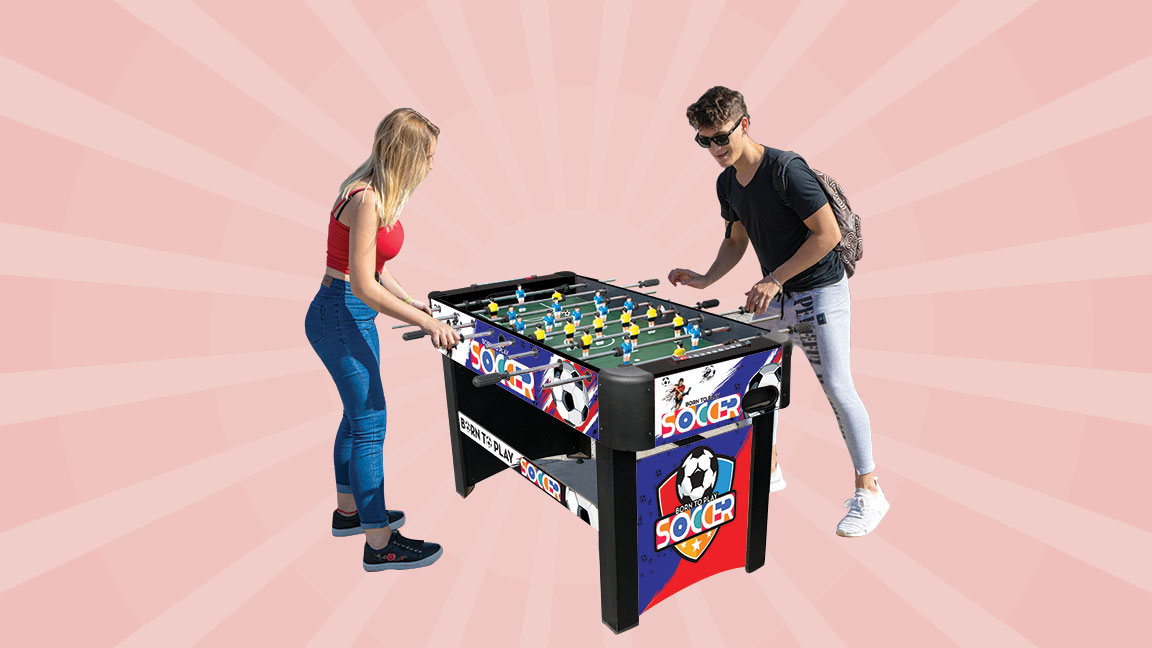
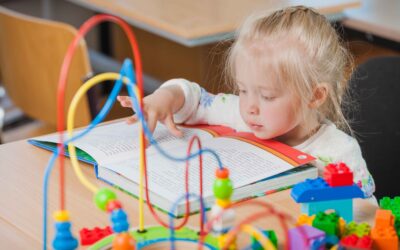


0 Comments